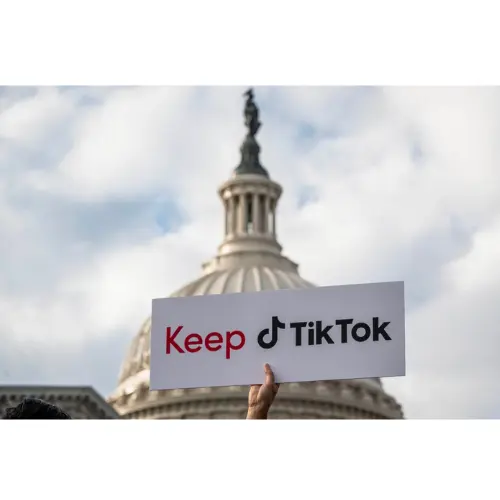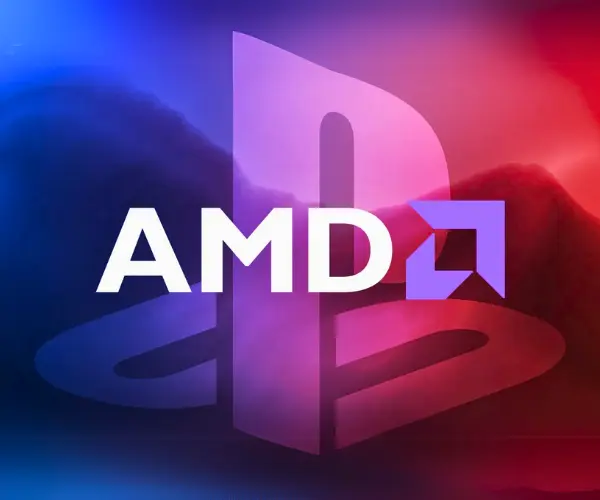Supreme Court to Hear TikTok’s Challenge Against Federal Ban

WASHINGTON — The Supreme Court announced Wednesday that it will take up TikTok’s appeal against a federal law that could ban the app in the United States starting January 19. The court’s decision to hear the case comes just a day after TikTok filed its appeal, with oral arguments scheduled for January 10.
The law in question, the Protecting Americans from Foreign Adversary Controlled Applications Act, was passed with bipartisan support and signed by President Joe Biden. It mandates that ByteDance, TikTok’s Chinese parent company, sell the app to an American company or face a nationwide ban.
TikTok is challenging the law, arguing that it violates the First Amendment, infringing on the platform’s free speech rights. Despite agreeing to take up the case, the Supreme Court declined to block the law while the legal proceedings are underway.
National Security at the Center of the Debate
The federal government, backed by the Justice Department, has defended the law, citing national security concerns. Officials argue that ByteDance’s ownership could allow the Chinese government to access data on American users or manipulate content to influence U.S. public opinion.
The U.S. Court of Appeals for the District of Columbia Circuit previously upheld the law, finding the government’s national security justifications valid.
Trump’s Role in the TikTok Debate
The timing of the law is notable, as it is set to take effect the day before President-elect Donald Trump assumes office. Trump previously attempted to ban TikTok during his first term, citing similar security concerns. However, his stance appears to have softened. On Monday, Trump expressed a “warm spot” for TikTok and confirmed a meeting with the company’s CEO.
A Race Against Time
By scheduling arguments for January 10, the Supreme Court has left itself a narrow window to issue a ruling before the law is set to take effect. The decision could have significant implications not only for TikTok’s future in the U.S. but also for broader debates over national security, free speech, and government regulation of technology companies.
For now, TikTok faces an uncertain future as it awaits the court’s ruling.






